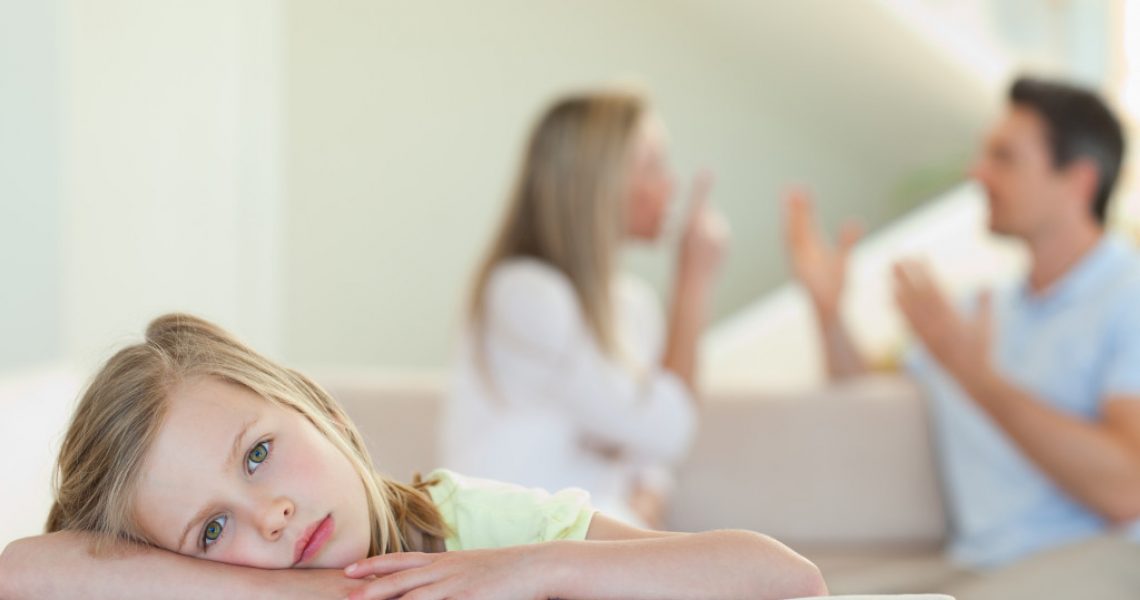Neglecting children can have a devastating impact on their lives. From physical abuse to emotional trauma and the risk of developing dangerous coping mechanisms, neglected children can suffer in more ways than one. That’s why it’s important to be aware of this issue and take steps to address it.
How Neglect Impacts Children
Neglect is the failure of a parent or other responsible adult to provide for a child’s basic needs, such as food, shelter, clothing, medical care, and supervision. It also includes failing to protect a child from harm or danger. Unfortunately, this type of neglect can have lasting effects on adulthood.
One of the most common consequences of neglect is physical abuse. Studies have shown that children who experience neglect are more likely to become future physical abuse victims. This is due to their sense of abandonment and lack of protection from adults. Furthermore, neglected children are often at an increased risk for developing mental health issues like depression or anxiety. They may also struggle with low self-esteem or develop substance abuse problems to cope with their feelings of rejection and loneliness.
Additionally, if a child experiences neglect, they are likely to not receive the guidance and education needed to grow into successful adults. This can lead to children turning to risky behavior and putting themselves in danger, such as engaging in criminal activities or using drugs.
Risk of Engaging in Criminal Activities
The risk of engaging in criminal activities is particularly high for neglected children. Research has shown that when a child experiences neglect, they may view the world as an unpredictable and hostile place. This can lead to them making impulsive decisions without considering the long-term consequences. As these behaviors are rewarded with immediate results, it reinforces their negative behavior. It increases their chances of engaging in criminal activities.
In addition, neglected children may seek approval and acceptance from adults outside their homes. This can lead to them seeking relationships with people involved in dangerous or illegal activities. Without guidance and support from a parental figure, it is easy for these children to become entangled in criminal behavior, such as committing sexual offenses or participating in gangs. These offenses are not only harmful to themselves but can also create additional problems in the community.
What You Can Do to Help
It’s important to recognize the signs of neglect and take action when encountering them. Here are some steps you can take to help children who have been neglected:
- Reach out to any adults in the child’s life that may be contributing to their neglect.
- Ask the child if they feel safe, and assure them that help is available.
- Contact your local authorities or social services for assistance.
- Get involved in any initiatives in your community working to combat childhood neglect.
- Educate yourself about the issue of neglect so you can better

What You Can Do as a Parent
As a parent, it is important to be aware of the impact of neglect on your children’s lives. One way is by having meaningful conversations with your children about healthy relationships, setting boundaries, and recognizing signs of possible abuse or neglect in others. Additionally, be aware of the following warning signs that could signal neglect:
- Changes in behavior, such as lethargy or aggression
- Lack of necessities, such as food and clothing
- Poor physical and emotional health
- Change in academic performance
- Risky behaviors, like drug use or criminal activities
Finally, providing a stable, loving home environment for your children and being a positive role model are important. It is also important to monitor the activities of other adults in the child’s life and intervene if necessary.
Professional Intervention
If you suspect your child is engaged in criminal activities, seek professional help immediately. A qualified mental health professional who is experienced in working with children can provide guidance and support to your child. They can also work with you on developing strategies for managing the situation and helping your child cope with any trauma.
If your child has committed a sexual offense, it is important to look into sex offender rehabilitation programs that can help them address their criminal behaviors. Part of this is the juvenile sex offender program, where your child can receive therapy and counseling to help them understand the consequences of their actions. It also consists of learning how to make better choices and develop healthy relationships. When children learn the importance of accountability and the value of respect, they are often better equipped to manage their emotions and behaviors.
As parents, you should also look into improving your parenting skills. This can include learning about positive discipline techniques, setting boundaries, and creating a safe and supportive environment for your child. You should also provide your child with the necessary physical and emotional support to thrive. By doing so, you can help prevent them from suffering the devastating effects of neglect.
It can be difficult to face the disturbing reality of childhood neglect. Still, it’s important to remember that you have the power to make a difference in your child’s life. With support and guidance, you can help prevent and address this issue before it has lasting consequences.

